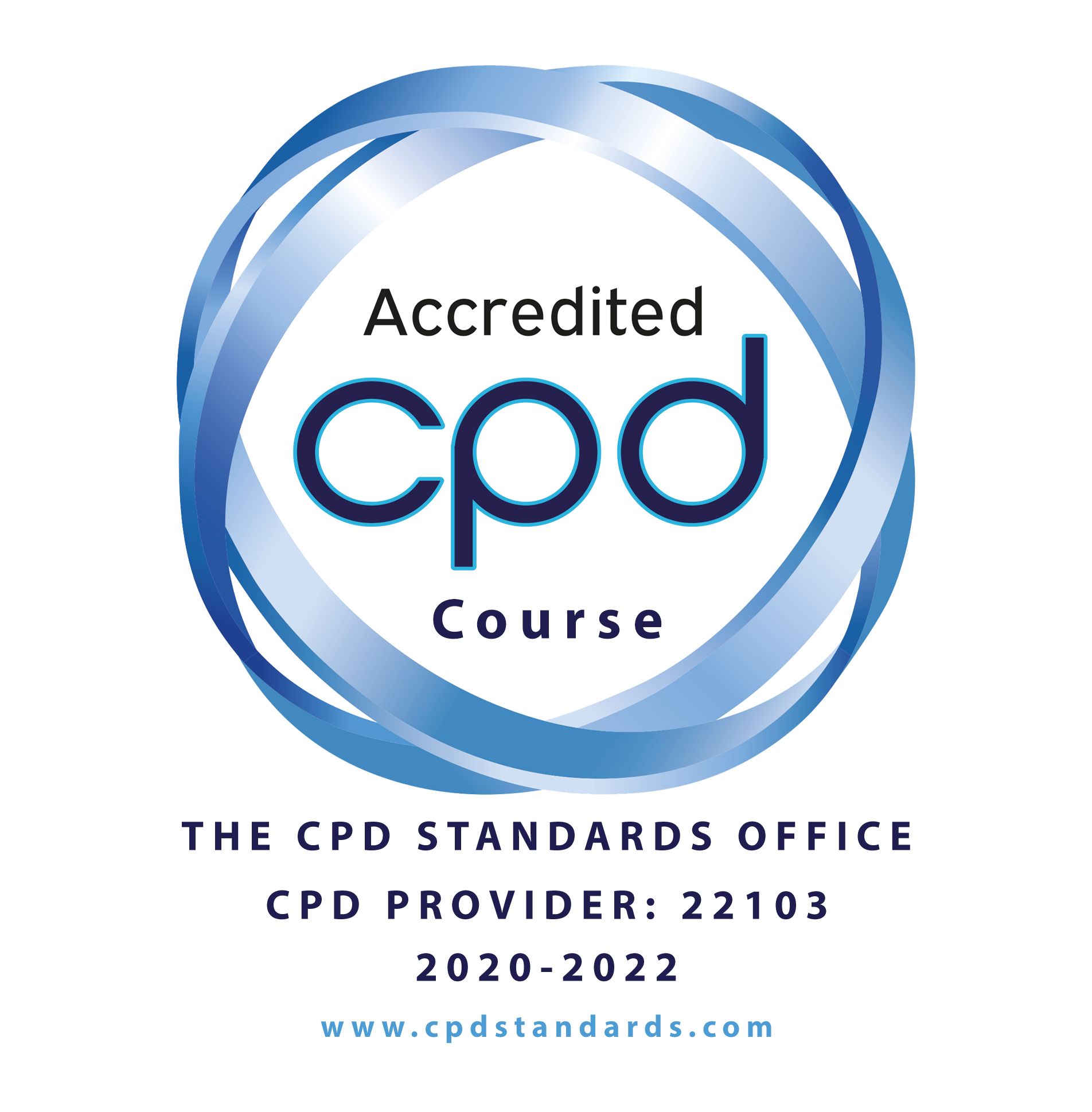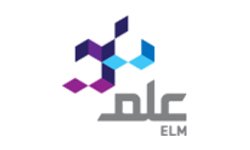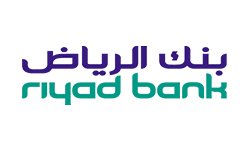ONLINE
CERTIFIED DATA ANALYSIS PROFESSIONAL

ONLINE
CERTIFIED DATA ANALYSIS PROFESSIONAL
- Video presentation: 3 hours
- Practical assignments and exam preparation: 20 hours
- Evaluation: 1 hour

The Data Analysis Certification is an accreditation that endorses you both for the knowledge and practical application of best practices used in analyzing statistical data.
The certification is the result of a complex, experiential learning program that has 3 sections: pre-course activities, core-course exercises and post-course assignments.
You will acquire the tools and skills needed to develop complex data analysis, useful for the processing and interpretation of data and relevant for your company's profile.
Validate your expertise!
Bonus: Premium subscription on smartKPIs.com - Available for 6 months, providing access to 500 fully documented KPIs and over 20.000 KPIs enlisted and one research report from the Top 25 KPIs series.
Professionals interested in Data Analysis
The course is designed for anyone who has basic mathematical training and basic competences in using Microsoft Excel. Statistical knowledge, intermediate or advanced knowledge of Excel, practical experience with data analysis and related duties are not necessary.
Management Representatives
The course is addressed to Managers, HR Representatives, Analysts, Auditors or Logistics and Acquisitions Experts, as well as to professionals from other business areas, who deal with data analysis.
Data Analysis Experts
The course is ideal for those interested in pursuing career opportunities in data analysis, data modelling and related activities (e.g. campaign management, data mining, statistics, risk management, reporting, data processing for survey analysis etc.)
 Ágnes Ilyés
Ágnes Ilyés Subject Matter Expert
The KPI Institute
Ágnes holds valuable experience in data analysis, as during both her university and working years she had participated in numerous marketing related research projects where survey based primary researches were conducted and a lot of data were evaluated.
She mainly uses SPSS statistical program to analyze data. She has experience with the following analyses: Chi2 analysis, Variance analysis, Correlation analysis, t-test, factor- and cluster analysis.
Ágnes also deepened her knowledge by teaching interferential statistics as an external lecturer on the university, on economics and business administration faculty, marketing specialization.
As a Business Research Analyst at the KPI Institute she also has numerous possibilities to capitalize her experience in this field.
- What Is Data Analysis?
- Types of Data Analysis
- Data Analysis Process
- Data Governance
- Data Analysis and its Benefits in Business.
- Module 1 Review.
- Types of Data
- How to Collect Data?
- Primary Data Collection Methods
- Secondary Data Collection Methods
- Module 2 Review.
- Types of Data Sets
- Data Quality
- Data Cleaning
- Data Aggregation
- Module 3 Review
- Frequency Tables
- Quantitative Charts
- Qualitative Charts
- Structure Charts
- Module 4 review.
- Univariate Analysis
- Bivariate Analysis
- Module 5 Review.
- Population and sample
- Why to Sample?
- Sampling techniques
- Sample Size Determination
- Module 6 Review.
- Sampling Distribution
- Central Limit Theorem
- Normal Distribution and T-Distributions
- One-Tailed vs Two Tailed
- Interval Estimation
- Module 7 Review.
- Hypothesis Testing Procedure
- Types of Errors
- Level of Significance
- Test Statistic
- Types of Hypothesis Testing
- Module 8 Review.
- Z-Test Statistics and T-Test Statistic
- One Sample Hypothesis Testing
- Two Independent Samples Hypothesis Testing
- Paired Samples Hypothesis Testing
- Module 9 Review.
- When to perform ANOVA Test
- F-Distribution
- Three or more Independent Samples Hypothesis Testing
- F-Statistic
- Module 10 Review.
- Chi-Square Test
- Chi-Square Distribution
- Goodness of Fit Test
- Test of Independence
- Module 11 Review.
- Least Squares Method
- Simple Linear Regression Model
- Coefficient of determination and Correlation
- Standardization
- Homogeneity
- Outliers
- Module 12 Review.
- Multiple Regression
- Multiple Coefficient of Determination
- Testing for Significance
- Multicollinearity
- Variance Inflation Factor
- Module 13 Review.
- Trend Analysis
- Cyclical Component
- Seasonal Component
- Irregular Component
- Moving Average
- Module 14 Review.
- Business Understanding
- Data Collection and Preparation
- Data Exploration
- Statistical Analysis
- Regression Analysis
- Time Series


You can communicate with your instructor through the eLearning forum or by email. You are highly encouraged to use these ways of communications.

If you enroll through The KPI Institute Marketplace, after paying the course fee, you will receive a confirmation email containing the instructions and the credentials to access your online course.
If you enroll by fax or telephone, you will also receive your confirmation and instructions by email.



Operating Systems: Windows 7 and newer, Mac OSX 10.6 and newer, Linux - chromeOS.
Browsers: You must update to the newest version of whatever browser you are using. We recommend using Chrome, Firefox or Safari, beta versions of browsers are not supported and Internet Explorer is problematic. Please make sure that your web browser has JavaScript and cookies enabled.


members
hours
trained
programs
reports
organisations
experience












